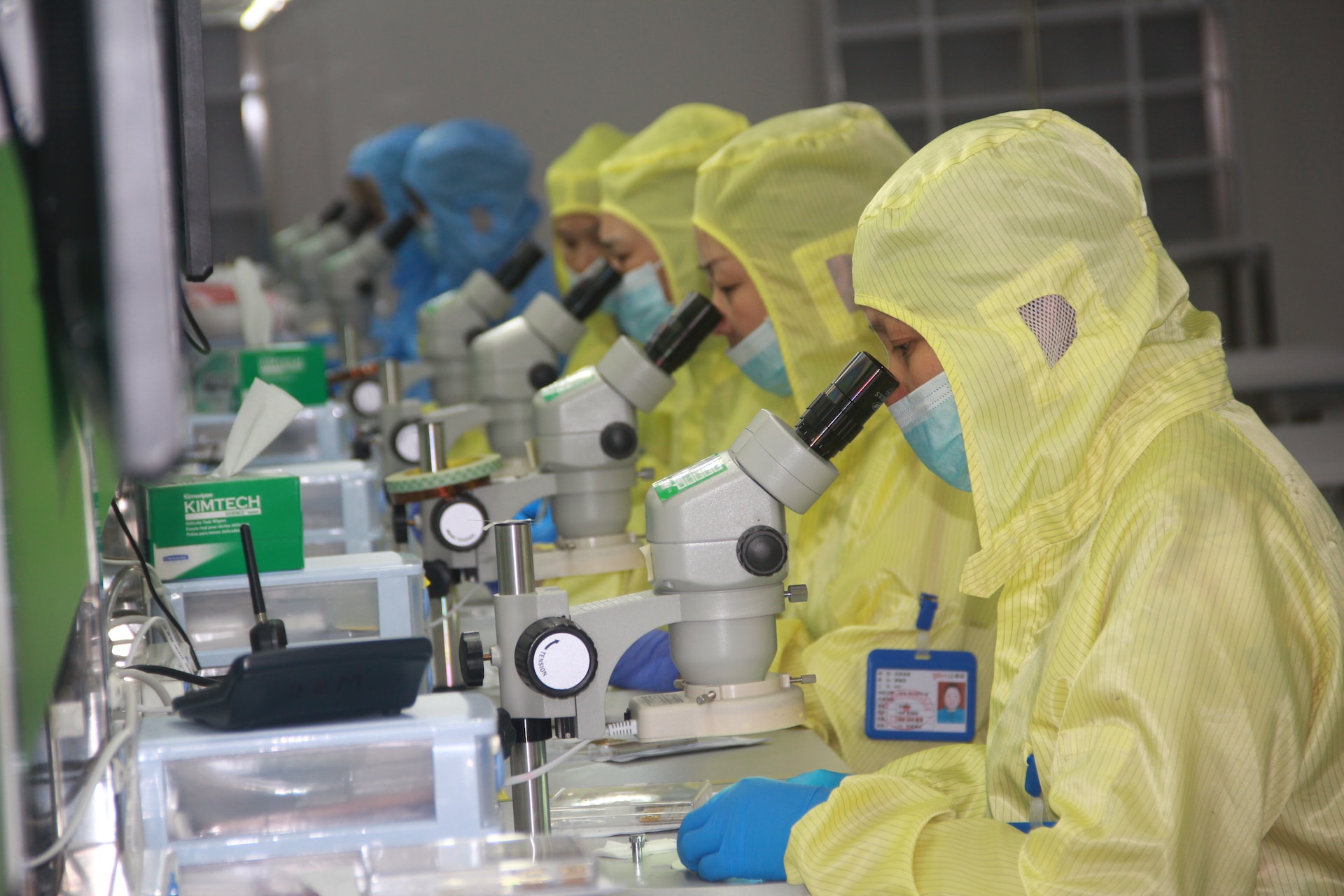As the world’s two largest economies, the United States and China have been engaged in a trade war for years. Now, China’s push for self-reliance in technology is causing concern among Europe’s research and development (R&D) community.
China’s President, Xi Jinping, has emphasized the importance of self-reliance in technology as a key part of the country’s Five-Year Plan. The plan calls for China to reduce its dependence on foreign technology, develop its own advanced technologies, and become a global leader in key technologies such as semiconductors, artificial intelligence, and 5G.
However, this strategy is causing concern among European companies and researchers who fear that it could lead to a disconnect between China and the rest of the world, with a potentially negative impact on global collaboration and innovation.
European companies have long relied on collaborations with Chinese researchers and companies to drive innovation and access to the Chinese market. However, as China focuses on its own technological development, it may be less willing to collaborate with foreign entities, which could negatively affect Europe’s R&D community.
One key area of concern is the development of 5G technology. Chinese telecom giant Huawei has been a major player in the development of 5G infrastructure, but its involvement has raised concerns among Western governments over national security issues. The US has banned Huawei from its networks, and European countries are considering similar measures.
The concern is that China’s self-reliance strategy could lead to the creation of a separate technological ecosystem, one that is largely separate from the rest of the world. This could have a significant impact on innovation, as the exchange of ideas and collaboration between researchers from different countries has been critical in driving technological advancement in recent years.
The fear among European companies and researchers is that China’s self-reliance strategy could lead to a situation where they are shut out of the Chinese market, and cut off from Chinese technological advancements. This could harm European companies’ ability to innovate and compete globally.
However, there are also those who argue that China’s push for self-reliance could lead to increased innovation and competition. By reducing its dependence on foreign technology, China may be forced to develop its own advanced technologies and become a more self-sufficient economy. This could lead to a more competitive global market, and potentially spur innovation in Europe as well.
The concern, however, is that China’s self-reliance strategy may come at the expense of global collaboration and a free exchange of ideas. The world’s major economies have benefited from collaboration and an open exchange of ideas, but China’s push for self-reliance may change this dynamic.
In response, European governments and businesses are increasingly investing in research and development to ensure they remain competitive in key technological areas. They are also exploring alternative markets and collaboration opportunities with countries that are not focusing on self-reliance in technology.
It remains to be seen how China’s self-reliance strategy will ultimately impact Europe’s R&D community and global innovation. However, it is clear that the push for self-reliance is creating concern and uncertainty among European businesses and researchers who have long relied on collaborations with China. As the technology race continues, it will be important for all countries to balance their self-reliance strategies with the benefits of global collaboration and innovation.




